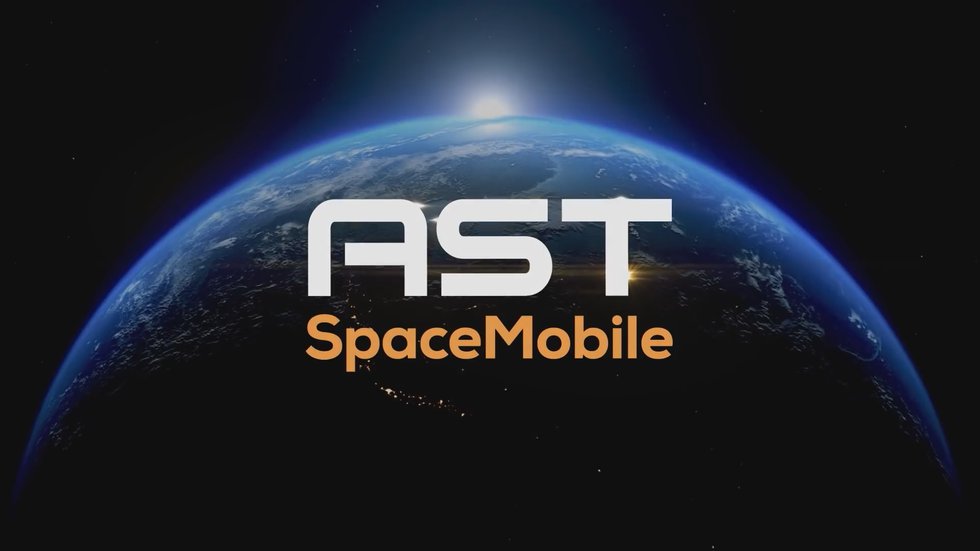Coordination problem for AST SpaceMobile
February 7, 2024

Officials from satellite company AST SpaceMobile met with FCC officials on December 14th 2023 over a potential problem with its frequency registrations.
AST is building a super-constellation of satellites with the intention of supply a ‘direct-to-smartphone’ service. AT&T, Vodafone and Google are investors in the company.
AST is using Papua New Guinea (PNG) as its sponsoring state. However, AST must permit frequency coordination of its transmissions with other operators under International Telecommunications Union rules. However, PNG is not a signatory to the United Nation’s 1974 CROLOS Treaty and its precursor CILD (Convention on International Liability for Damage caused by Space Objects), both of which establish the international rules and procedures concerning the liability of launching States for damage caused by their space objects.
The FCC is – in essence – telling AST that it cannot process its ‘Market Entry Petition’ (PDR) because it’s State Sponsor (PNG) needs to register the constellation via (CROLOS), but PNG is not a party to this treaty, or the CILD which is a requirement for adoption of the 1974 treaty. This means that to move forward, PNG will need to become signatories to both the (CILD) and (CROLOS) international treaties.
AST already has one satellite, BlueWalker 3, in orbit but this was helped with a registration – and experimental – filing by Spain, and Spain is a signatory to the CROLOS rules.
Sources suggest that AST has two options: It must persuade PNG to register under the UN/ITU protocols, or move its formal registration and filings from PNG to another country where the CILD and CROLOS rules are in place.
Other posts by Chris Forrester:
- Intelsat C-band ‘insider trading’ case dismissed
- UK Space Agency funds de-orbit scheme for OneWeb
- AST SpaceMobile to launch satellites in August
- SpaceRISE silent on reports of demise
- Project Kuiper seeks India licence
- FAA suspends SpaceX launches
- SpaceX vs AST SpaceMobile
- Eumetsat explains Ariane 6 cancellation
- AST SpaceMobile examines emergency call obligations
